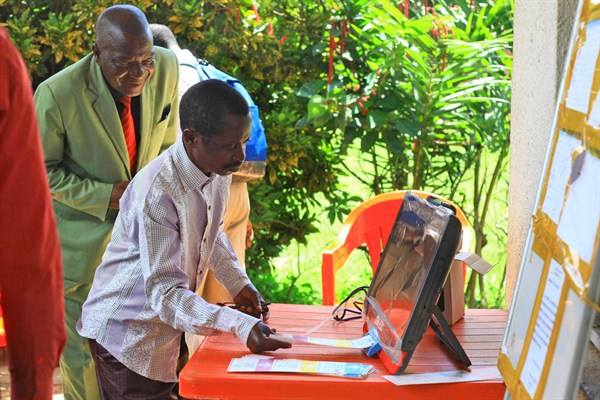According to the Democratic Republic of Congo’s Constitution, President Joseph Kabila should have left office two years ago. The end of his second five-year term came and went in December 2016, and his refusal to step down at the time led to violent protests, acrimony—and then two more years in power.
Now, he says he’s on his way out. Seventeen years after taking office to replace his assassinated father, and in the face of mounting international condemnation, Kabila has agreed to step aside for elections next month in what could be Congo’s first peaceful and democratic transition of power since independence in 1960. The contest on Dec. 23 will pit Kabila’s hand-picked successor, Emmanuel Ramazani Shadary, against the splintered opposition. It comes at an inauspicious time, amid another outbreak of Ebola—already the worst in Congo’s history—persistent conflict and widespread concerns about national voting integrity. It’s likely to be messy, and whatever the outcome, Kabila’s influence is sure to persist long after he leaves power.
For a brief moment this month, the odds seemed bright for an upset opposition victory. Leading opposition figures met for unity talks in Geneva and agreed that they would all rally around little-known parliamentarian Martin Fayulu as their candidate of choice. But the hopes of unity were dashed less than 24 hours later, when multiple candidates reneged on the promise under pressure from their constituents at home.

